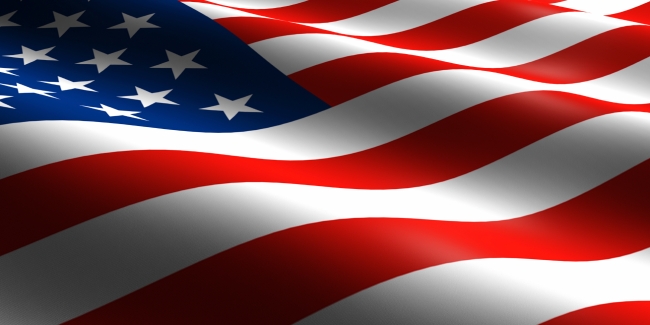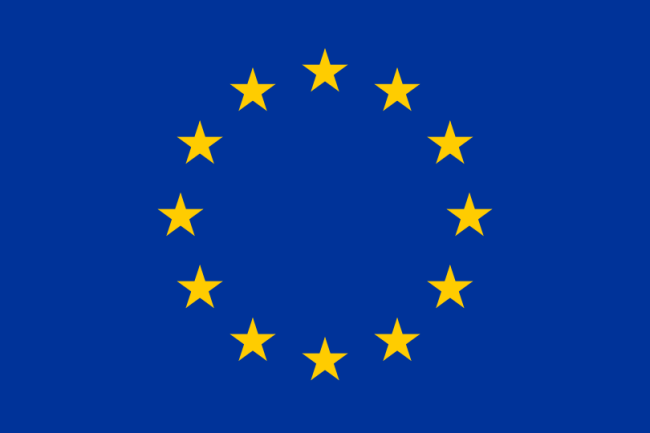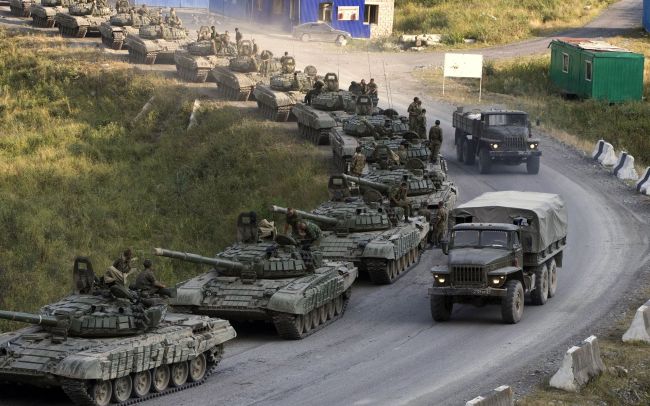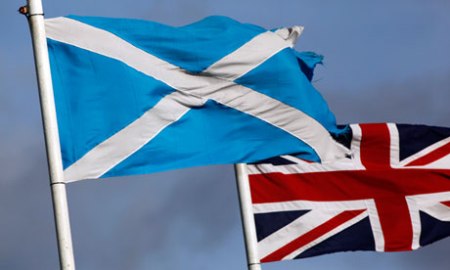A recent study by Princeton University Prof Martin Gilens and Northwestern University Prof Benjamin I Page concludes that the US is politically dominated by a rich and powerful elite.
The two professors conducted rigorous data-driven research to arrive at the conclusion. According to the BBC, “The two professors came to this conclusion after reviewing answers to 1,779 survey questions asked between 1981 and 2002 on public policy issues. They broke the responses down by income level, and then determined how often certain income levels and organised interest groups saw their policy preferences enacted.”
The professors argue, “analysis indicates that economic elites and organised groups representing business interests have substantial independent impacts on US government policy, while average citizens and mass-based interest groups have little or no independent influence”.
The BBC surmises this argument as meaning, “the wealthy few move policy, while the average American has little power.” In other words the US is an oligarchy, not a democracy. Eric Zuess also boldly supports the argument in Counterpunch, he states “American democracy is a sham, no matter how much it’s pumped by the oligarchs who run the country (and who control the nation’s “news” media).”
Gilens and Page state that the US has many features which make it democratic, but nevertheless their research firmly supports the argument that the US is more of an oligarchy than a democracy. There are also many other factors within the system of US politics which lend support to their conclusions.
The US political system is dominated by the two main parties, the Democrats and the Republicans. In the history of the US, no other political party has had control of congress or any significant majority. Out of a total 532 current members of the Senate and House of Representatives, only 2 members are independents. The rest are Democrats and Republicans. When you compare this to the German and UK Parliaments which are comprised of multiple political parties and interests, it is clear to see how the two parties dominate. The dominance by the two elite parties is certainly not very democratic at all. Legislative power in the US can therefore be argued is in the hands of a very small group of congress people, and it is made even more exclusive with the current two party system.
Lobbying in US politics is another major issue. At the moment only the very rich or big corporations tend to have much access and influence on politicians. This is due to the cost intensive nature of lobbying, which allows very minimal lobbying access to the poor or less influential Americans. As such the big corporations and wealthier individual’s voices tend to get heard much more clearly than other less wealthy groups and individuals. The heavily capitalised nature of lobbying is a big barrier to democracy.
Due to the nature of elections and campaign finance in the US, the more economically supported candidates tend to be able to get their message out to the public far more effectively and efficiently than their less financial well off opponents. Unless a candidate’s election campaign manages to raise enough money through donations or pledges, they are very likely to be unable to stand up politically to an opponent with far greater financial support or clout.
Economic and social influence historically seem to be the keys to power in US politics, as is the case in many other countries. However this is where the problem lies. Only a very select few elite individuals tend to have the economic or social power to enter or influence US politics. And as Gilens and Page’s research suggests, if you aren’t part of the small number of “elites” in the US, you have very little political influence. Unquestionably that is the hallmark of an oligarchy. The US certainly has a lot of work to do to regain its right to be called a true democracy.





